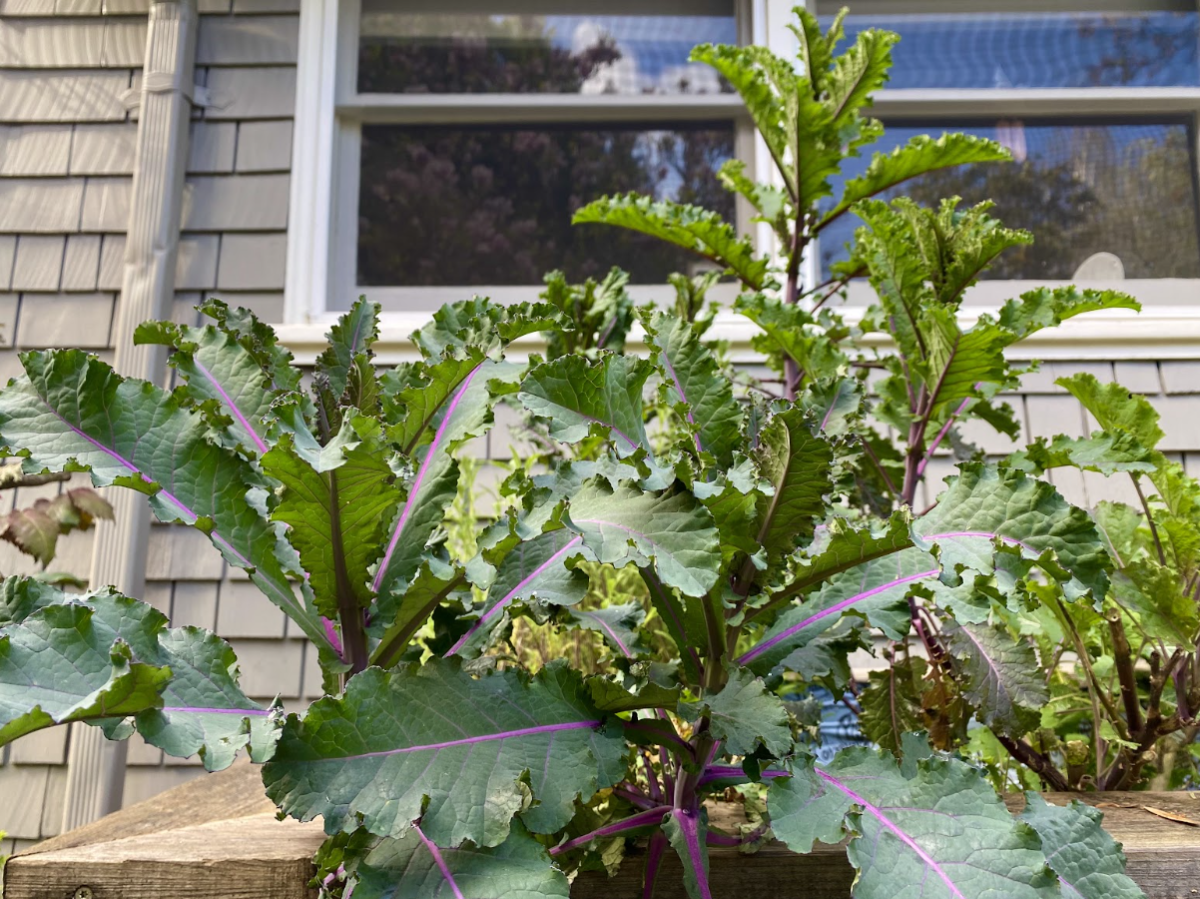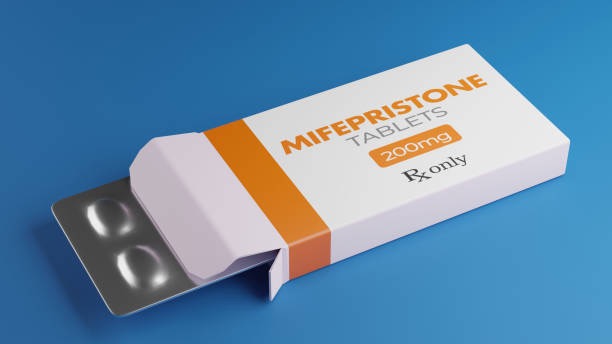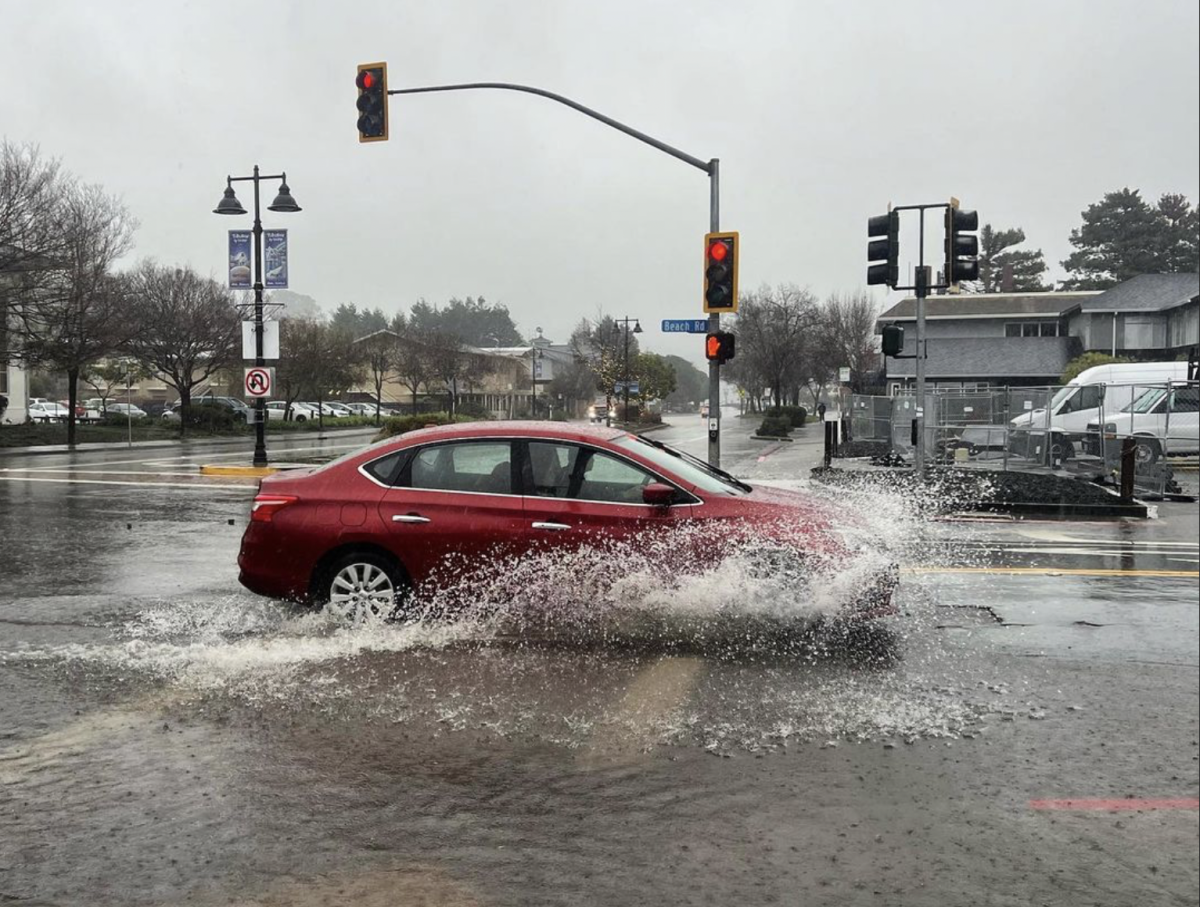COVID-19 leaves shelters empty and homeless dogs happy
October 30, 2020
Empty cages line the hallways of the once hectic dog shelters in Marin. The weary eyes of homeless dogs behind bars no longer follow potential owners as they walk past. Instead, those eyes are now filled with elation as their new family welcomes them to their new home.
Marin has seen an unprecedented rise in shelter rescues and adoptions recently and COVID-19 has been a significant contributor. The Marin Humane Society shelter in Novato reported over 750 adoptions during the pandemic, according to Patch News. After arriving at the shelters, many dogs are adopted or rescued almost immediately. COVID-19 has posed a great challenge to American citizens, but in the eyes of homeless dogs in need of loving homes, it has been beneficial.
Private animal rescuers like Paula Fontenot, who has saved over 250 dogs over the span of 25 years, find that the pandemic has guided people towards adopting and fostering dogs. Before COVID-19, people’s lives were filled with responsibilities that made it difficult to spare any time on a dog, but during the shelter-in-place, Fontenot has noticed that families now have ample time to care for an animal.
“[New owners] would finally have a lot of time to help an animal in need, so there was this big surge in applications at shelters and rescue groups to help get them out of the shelters. We call it ‘clearing the shelters,’” Fontenot said.

According to Fontenot, numerous shelters in Marin have also transitioned to online based adoptions, a significant change to the adoption experience. She claims that their new processes are more streamlined, safe and accessible for rescuers to get dogs out of shelters and into the comfort of a new home.
“I don’t know if you’ve been to a shelter, but the noise level can be unbearable [due to kennel stress]. That’s why a lot of people won’t go to a shelter. But with the quarantine, the process has changed. A lot of the systems are online now, so people are honing in on a dog that they want to help, and doing the application online,” Fontenot said. “Some of these shelters and rescue groups have matchmakers where you put what you’re looking for, and they’ll match you up with the dog, and then you can actually do a drive-through adoption.”
A local dog trainer, Kara Galindo, has had positive experiences with the online system that the Marin Humane Society has implemented to make the adoption process safer.
“The Marine Humane [Society] is doing really great things [with] their website. As soon as you go to their website, they have a notice that pops up and they’re doing [online] appointments,” Galindo said.
Junior Griffin Womack is one of these new owners, having recently added a canine member to his family during quarantine. Womack’s new 11-month-old puppy, Trip, was rescued in July from a shelter in Tennessee. Another family was planning to euthanize Trip, but the Womack family stepped in and took Trip home. It took some time for the Womack family to adjust to Trip’s personality, but the entire family soon came to love Trip and his quirks. Griffin finds that Trip’s constant nudges to play fetch or tug of war cure the boredom of having to shelter-in-place. His puppy’s energetic nature keeps the whole family occupied.
“Trip is a puppy, so he has a lot of energy, and he’s constantly running around barking and playing with toys. Sometimes it’s a lot to handle, but we love him because he adds that positive element to the house,” Griffin said.
In addition to adding new companions to the household, Galindo notes how helpful the Marin Humane is in the process of adopting a dog and supporting the new owner even after the dog has found a home.
“The Marin Humane [Society] is awesome, and I can’t speak more highly about them. There are other great rescues in the area, but do your research of the rescues, how they handle their animals and [how they] support after you [adopt],” Galindo said.
Due to the increasing number of people interested in adopting or rescuing an animal and the adaptations animal shelters have made in light of the virus, many dogs are finding permanent homes.
“Right now, the Marin Humane Society only has two dogs for adoption,” Fontenot said. “Those dogs aren’t at the shelter. They’re in foster homes.”






















